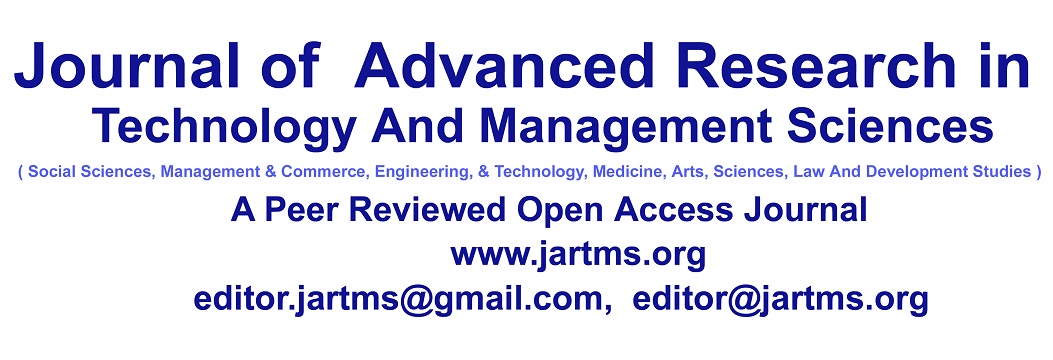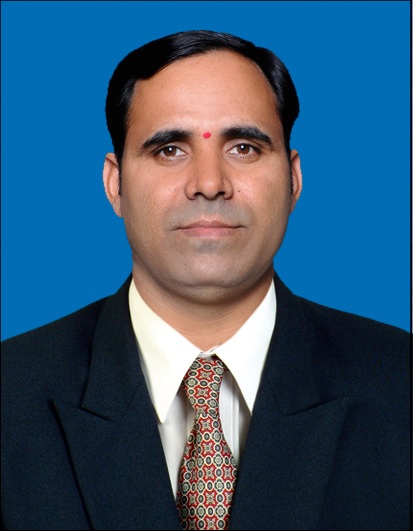Article
Assessment of the quality score of youthfriendly service and associated factors among youths in Hosanna town public health facilities, southern Ethiopia: Using a Donabedian model
Background: The issues of friendly youth services are highly sensitive to the sociodemographic, sociocultural, and socioeconomic factors of the community. Assessing the quality of friendly youth services is fundamental to determining how care is being delivered to youths. Objective: To assess youth-friendly service quality and associated factors in public health facilities in Hosanna town, southern Ethiopia, 2021. Method: A facility-based quantitative cross-sectional study design supplemented by qualitative data was conducted from May 3 to May 31/2021. The total sample size for quantitative was 422. A systematic random sampling technique was used to select youths. Quantitative data were entered by using Epi data version 3.1 and analyzed using SPSS version 24 software. Qualitative findings were coded and analyzed after observation of the client-provider interaction and the health facilities. Finally, the results are presented using narrations, tables, and figures. Descriptive statistics such as frequency, percent, tables, and figures were used. Bivariable analysis was performed, and variables with a p-value less than 0.025 were entered into multivariable logistic regression analysis. Statistical significance was declared at a p-value less than 0.05 with a 95% confidence interval. Result: The overall structural, process, and output quality scores were 50.0%, 35.3%, and 64.9%, respectively. Males were 37% times less likely to be satisfied compared to females, youths whose mothers` educational level was secondary school were 54% times less likely to be satisfied compared to youths whose mothers were not formally educated, youths whose mothers` educational level was college, and above were 61% times less likely to be satisfied compared to youths whose mothers` were not formally educated, and youths who stayed in health facility for 31- 60 minute were 4 times more likely to be satisfied compared to youths who stayed more. Conclusion: The quality score of friendly youth service was below the World Health Organization standard in all three components. Therefore, health facilities should be improved in all dimensions.
Full Text Attachment















































































